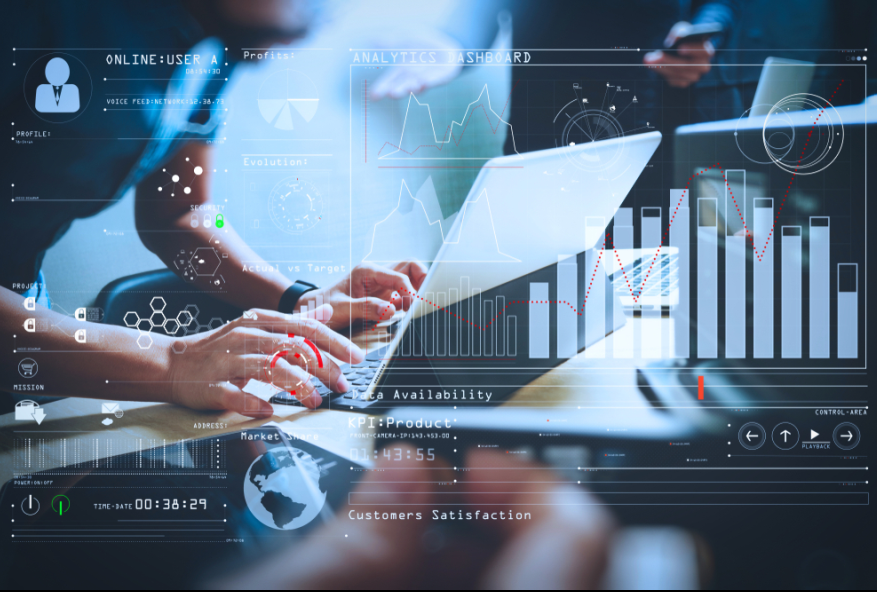ARTIFICIAL INTELLIGENCE EXPERT: BRUNO SCIOLLA
- Oliver P. Vidal
- Mar 24, 2021
- 3 min read
Updated: May 20, 2021
HCE 4 INTERVIEW SERIES

Bruno Sciolla began his studies in physics and later turned to informatics with a specialization in applied artificial intelligence. Throughout his research, Bruno utilized neural networks within the context of medical imaging. Before immersing himself within this field, he acquired a broad perspective on convolutional neural networks by self-teaching the concepts from scratch.
Bruno concludes his mini introduction by recommending a neural network and deep learning training course for our team of aspiring AI researchers.

Q1. Which application of AI are you most excited about?
I think that the most interesting application is the automatization of repetitive tasks. When most trivial tasks are handled by IA, people can dedicate time to special cases, or use their imagination and explore new ideas.
Q2. What’s the most popular programming language used in AI?
Python, but it’s also recommended checking out TensorFlow and Kera.io when interested in neural networks.

Q3. When does a program become intelligent?
This is more a topic of philosophy. ‘Weak’ AI is capable of playing and winning games like ‘Chess’ and ‘Go’ but isn’t really intelligent by any standard. There is also a bit of a stopping point in AI research where the systems are limited to specific tasks and still (and probably for quite some while …) not able to tackle generic problems.
Q4. How can we eliminate biases in AI?
It is extremely important to be aware of this problem and to take human action to provide counter-biases. People should be educated on this issue as the bias will only reside in the data provided to the computer and not by the program/system itself.

Q5. Why is game theory important to AI?
Game theory is a branch of computer science, but the concept is not really necessary for deep neural networks. Some artificial neural networks use game theory, like Generative Adversarial Networks.
Look into game theory if you are interested in the technical aspect.
Q6. What are the risks in using AI in image processing, and what are the benefits?
There is always the risk of bias. The AI imaging can only really provide recommendations for the users and will require the presence of a physician. Current AI systems are not trained to see new diseases/medical conditions, which already need a ‘solution’ in place. As with most AI systems that will be integrated into the workplace, it is very important that humans work alongside them. Some people don’t like the social changes that come with the arrival of AI. I am not particularly afraid of jobs disappearing and related it to prior careers where people conducted calculations on paper before the invention of the calculator.

Q7. What would you say are common misconceptions about AI?
The biggest misconception is that AI isn’t very intelligent. I would trust AI to play a game for me, but we’re still quite far from using them in complex, multilateral problem solving.
Then Bruno breaks to elaborate on the issue with developing neural networks:
Evolution lead to the human brain, where millions of repetitions to improve function constructed the brain as it is today. The brain is essentially just a bunch of neurons (which are “stupid” alone), but alongside specialized cells in the brain, enable it to function. All of these are built in during the growth and development of the baby/child. Unfortunately, it is not an empty vessel that learns.
Q8. What fears do you have about the future of AI?
I am more fearful of the general course of the world over the current anticipated course of AI. By general course, I am referring to current social tensions, poverty, injustice and climate change. In comparison to these major issues, AI doesn’t present as much of a threat in the near future.







Comments